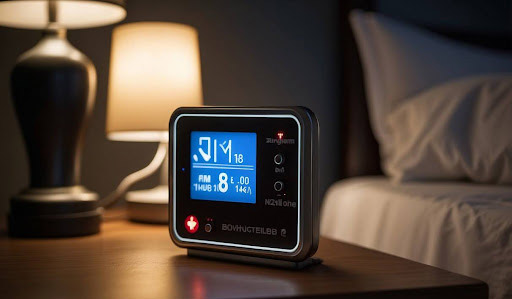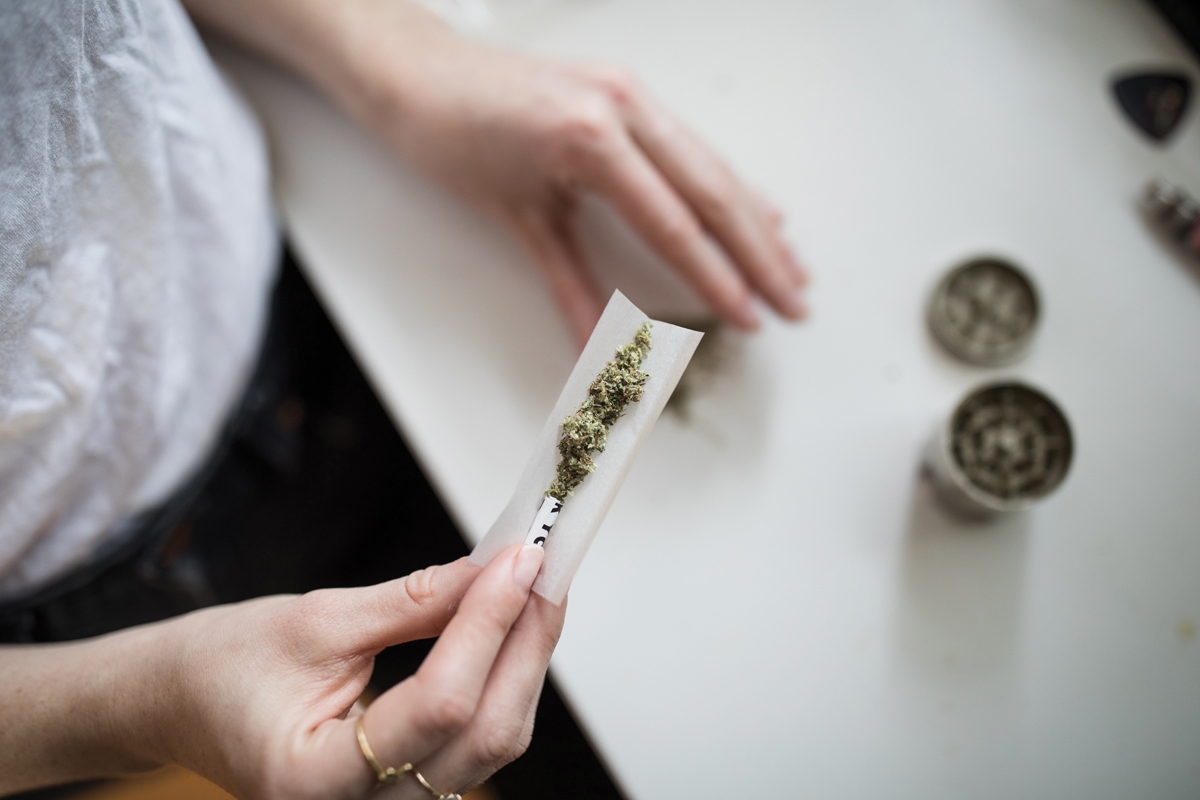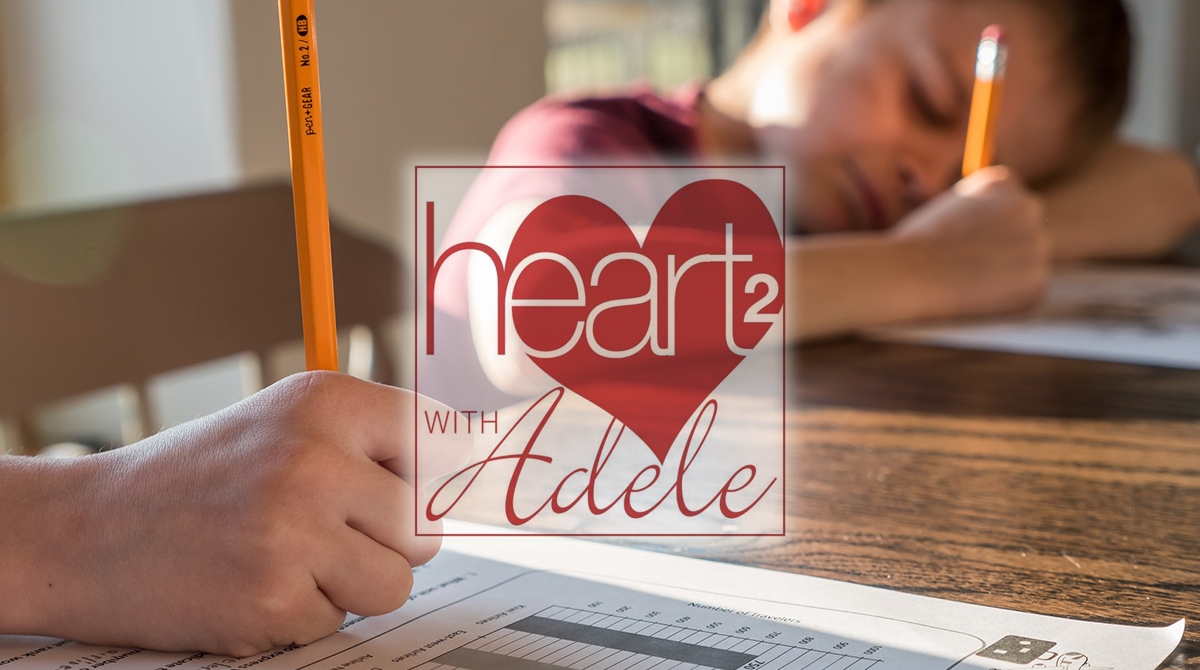
Teenage privacy — earned privilege or a right?
QUESTION
Dear Adele,
Our middle school son will soon be given his first cell phone and personal computer. We realize he is maturing and becoming more independent, but just don’t know how much space and privacy to give him. Any words of wisdom?
Hating to Snoop
ANSWER
Dear Hating to Snoop,
Sometimes parenting teens for the first time feels like standing up in a canoe and trying to paddle from one side of the lake to the other. We have a good idea where we are going, but feel pretty shaky about the way we are going to get there. Let me try to help you not fall in the water!
Parenting teenagers is not for the faint of heart. While at 12 or 13 years of age, they may appear to be almost fully developed, they are still children intellectually and emotionally and require a lot of guidance to become competent, autonomous adults five or six years later. Finding a balance between dependence and independence as they find their way from childhood into adulthood is the challenge. Two common mistakes are loosening the reins too soon and loosening the reins too late.
When considering your question, I went back to my experience as a teacher in the elementary school classroom. In September when I got a new class, I knew it was important to set the ground rules and enforce them consistently in the beginning. If I stated my expectations about the routines and behaviour, and stuck to them to the letter in the first few weeks, the children complied and I rarely had any discipline problems for the rest of the year. I understood that it was far easier to go from being strict to less strict, than the reverse.
And so, I suggest you use this bit of wisdom from an old schoolmarm. Lay tight ground rules for the use of the computer and cell phone up front. In the beginning, monitor everything. Let your child know you want to teach him how to be safe and secure so that as he gets older, he will be able to make good decisions and choices himself. Let him know that he will start with baby steps in having independence on his devices and that as he shows responsibility with his obligations such as punctuality, homework, chores, and curfews, he can earn more independent privileges on his devices and more privacy in his activities. Parenting coach Amy Speidel says, ‘Once you set the structure for when and how devices can be used, stick to it! … They don’t have to like it. It is just what it is.
According to Amy Williams in “Teens and privacy: balance is the key”, letting go over time is the recommended way. She suggests you start fairly strictly involving the child in the action plan and telling him that he must earn greater privacy. Amy suggests that the youth be told that privacy on devices is limited and that you will be checking regularly to see what is installed on them. Add that you will be installing tracking apps in order to keep him safe. He can be told that he can earn the right to greater privacy in the near future by showing greater responsibility. He should understand that you will revoke privileges with the device to teach that responsibility. Amy suggests you let your child know that you are watching out for his best interests no matter how annoyed it may make him. You should tell your progeny that his good judgment and demonstrated sense of responsibility will merit him more freedom and privacy and that you are totally committed and 100 per cent prepared to following through.
Trust is very important with teenagers. They like to be considered mature, responsible, independent and trustworthy. Simultaneously, they actually need some space and privacy to develop. If they feel trusted, they will become more capable and confident, says Denise Witmer in “Why teens need privacy from their parents”.
Alon Shwartz writes in an article entitled, “The Big Reason Why Parents Should Never Cyber-Snoop or Monitor Their Kids Online”, that “parents should never routinely monitor what kids are doing online”. He acknowledges that the internet has dark places, that children can become victims of predators or bullies and that sometimes youth make bad decisions about what they watch. However, in his opinion, parents should teach their children how to be good digital citizens and behave responsibly in an atmosphere of trust. I am not sure I agree with how he suggests achieving this goal though his aim is idealistically admirable, especially for older teens.
A recent Pew research study found that more than 60 per cent of parents monitor what websites their children visit and check their offsprings’ social media accounts. 35 per cent of the participants know their children’s passwords.
The privacy issue will extend beyond your child’s cell phone and devices, Hating to Snoop. You will be confronted with decisions around checking your son’s room, his backpack, his diaries, and his journals. You will likely monitor where he is going, with whom and when he will be home. You will want to know whether he’s been bullied, whether he is bullying and who his friends/contacts are.
Some ways to give your child more privacy as he moves through the teen years include allowing your teenager to see his doctor privately, asking permission to get something from your son’s backpack or wallet, knocking on his door, allowing private talks with his friends and siblings without interrogation, and respecting the privacy of his journals, notebooks, and room without permission.
It is important to be aware of some of the red flags that your teen is messing up and likely needs greater supervision. A few signs might be talk of dating violence, tears over a social media post, changes in behavior around sleep, socialization, interests, academic performance and use of drugs or alcohol.
Try to remember that your goal is to take your child on the journey from childhood to adulthood with increasing independence, wise decision making and trust. Augmented amounts of privacy over time are appropriate and supportive of this growth. Happy paddling, Hating to Snoop!
Sincerely, Adele
I'm looking forward to your questions! Email me at maryadeleblair@gmail.com and please put Heart to Heart in the subject line. Note that all columns will remain anonymous.
Photo: Anton Danil, Unsplash










